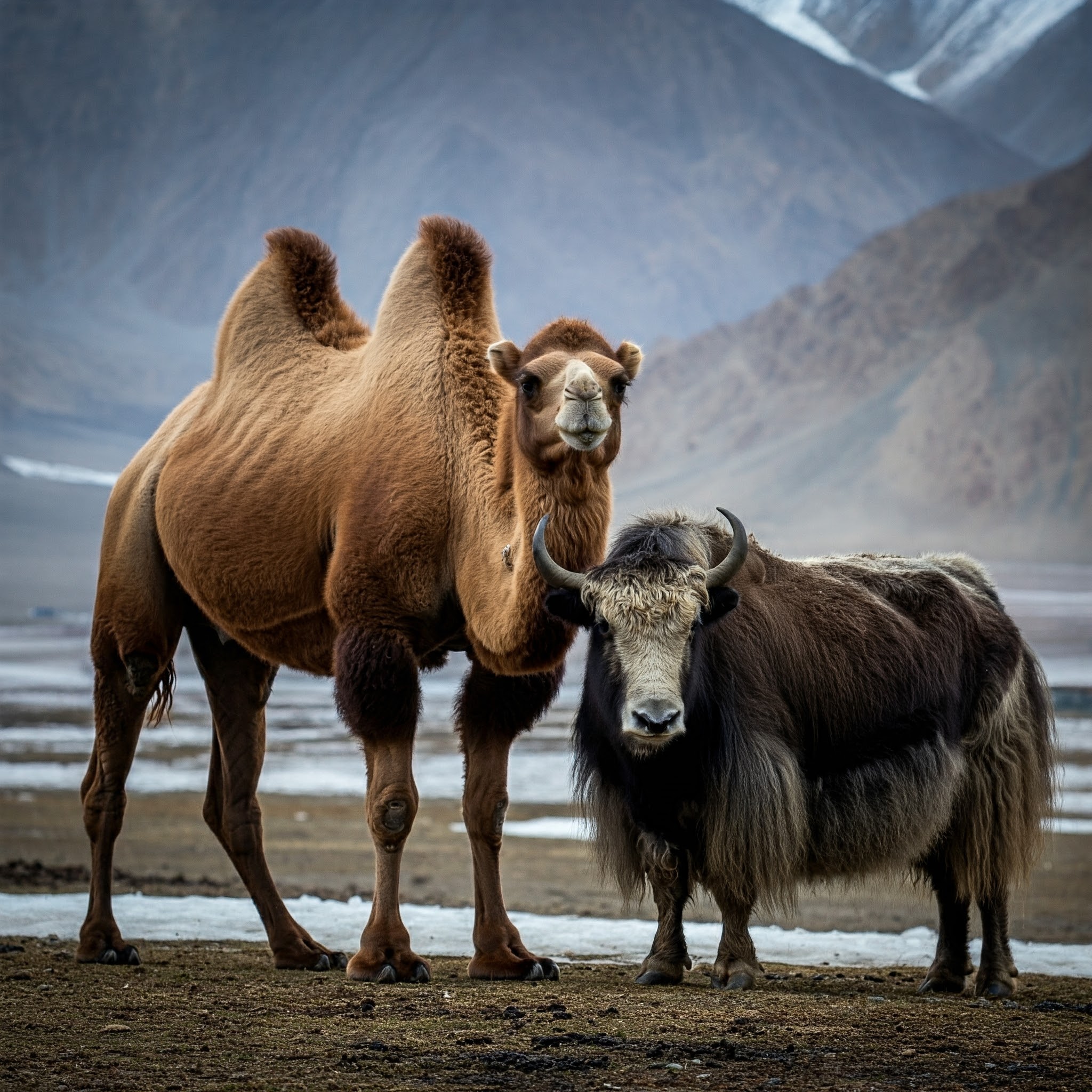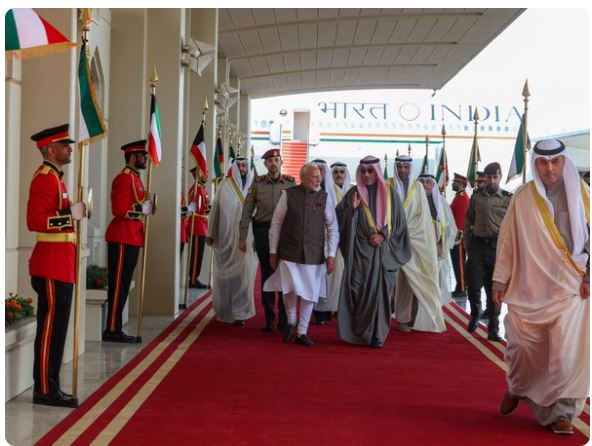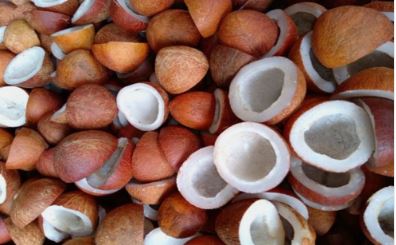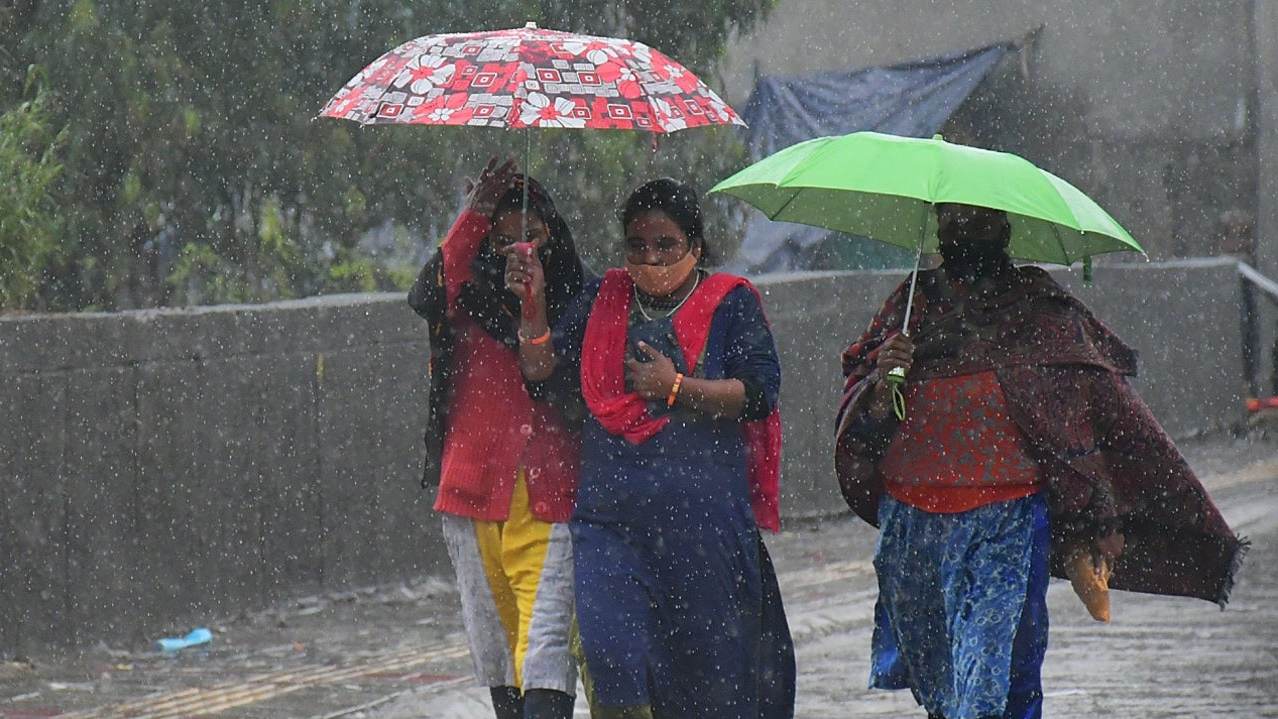In a move that highlights its adaptability and resourcefulness, the Indian Army is incorporating Bactrian camels and yaks into its logistical operations in the challenging high-altitude terrain of Ladakh. These resilient animals are proving their worth as reliable partners in navigating the harsh Himalayan environment.
Recognizing the limitations of traditional pack animals in extreme conditions, the Defence Institute of High Altitude Research (DIHAR) is leading the effort to train these hardy creatures. Bactrian camels, with their distinctive double humps and thick fur, are well-suited to withstand the extreme cold and can survive for extended periods without food or water. Their ability to carry heavy loads – up to 150 kg – makes them invaluable for transporting supplies to remote outposts.
Yaks, native to the high altitudes of the Tibetan Plateau, are equally valuable assets. Their thick coats, powerful lungs, and sure-footedness make them ideally suited to traversing treacherous mountain paths. They can carry loads of up to 100 kg and graze at altitudes exceeding 15,000 feet.
Initial trials with both Bactrian camels and yaks have yielded encouraging results, demonstrating their potential to significantly bolster the Indian Army's logistical capabilities in Ladakh. These animals offer a sustainable and dependable alternative to traditional pack animals, especially in areas where mechanized transport is impractical.
The deployment of Bactrian camels and yaks reflects the Indian Army's commitment to innovation and self-reliance in border regions. By utilizing these animals, the army not only improves operational efficiency but also contributes to the local economy by generating employment opportunities related to their breeding and care. This initiative shows their commitment to keeping India safe by using new technologies and adapting to changing threats.















































